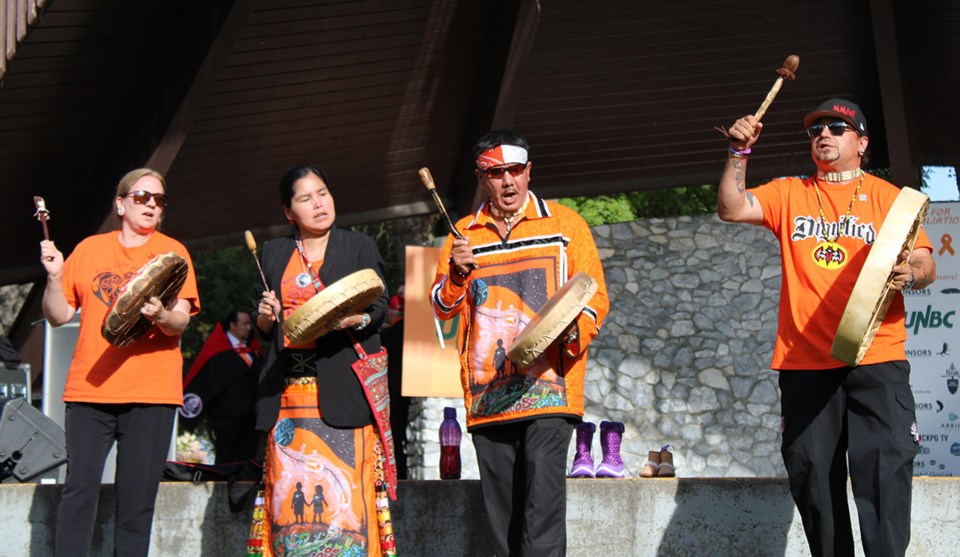I have a lot to be thankful for – my health, my friends, my community, my country. On Thanksgiving Day, we remember the things for which we are thankful.
But being thankful isn’t really something we should take for granted. Nor something to think about only one day a year. We should be thankful every day.
After all, we are a relatively peaceful country which enjoys economic prosperity and political freedom. We have a system of government which is designed to limit the power of any single individual and ensure citizens are well represented. We have a strong public school system, national healthcare, and a social safety net.
There is much to be thankful for in our country.
Thanksgiving Day wasn’t the only day we marked this past week.
September 30th was our national day for addressing Truth and Reconciliation. It is a day marked by orange shirts and many speeches. But like Thanksgiving, it shouldn’t be something we address one day of the year and then move on. Each and every day, we should be considering what truth and reconciliation means and how we, as a country, move forward.
This isn’t just about residential school survivors. Nor is it about laying blame. The Calls to Action are an appeal to every citizen, to every level of government, to every organization and company, to make concrete changes in our society. Changes which will lead to equality for all. Changes which recognize fundamental rights.
Reconciliation is a process of healing relationships requiring public truth sharing, apology, and acknowledging past harms, while seeking redress and commemoration. It recognizes the First Nations, Inuit, and Metis peoples as self-determining peoples with treaty, constitutional, and human rights which must be acknowledged and respected.
Some, such as access to clean, safe drinking water, could be addressed quickly. The Council of Canadians identify 28 reserves with long term drinking water advisories, some of which are over 25 years old. Surely in a country as rich as Canada, this is something we can fix.
Other issues, such as land use, are going to take longer to resolve. But resolve them we must.
As the son of immigrants, I thank the Lheidli T’enneh on who’s traditional unceded territory I live, work, and play every day.
Todd Whitcombe is a chemistry professor at the University of Northern B.C.



